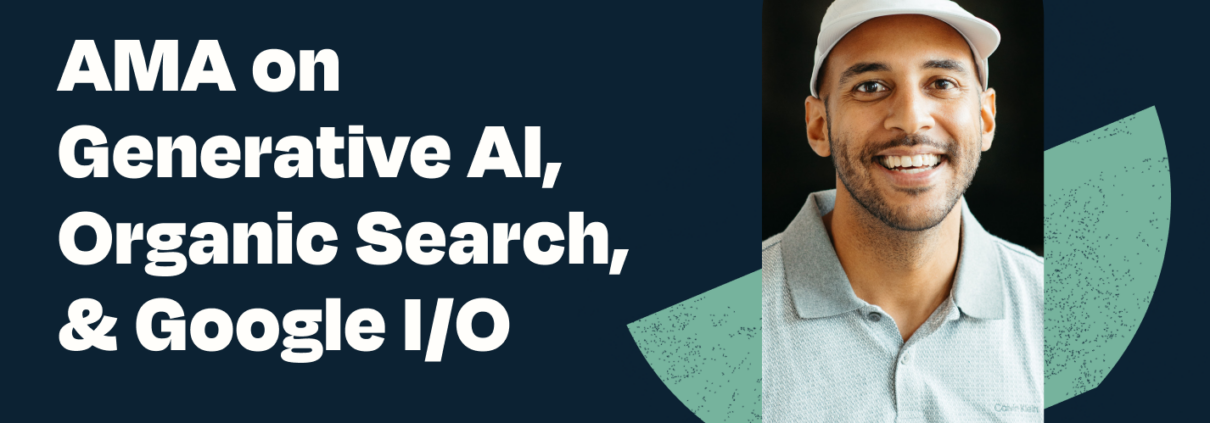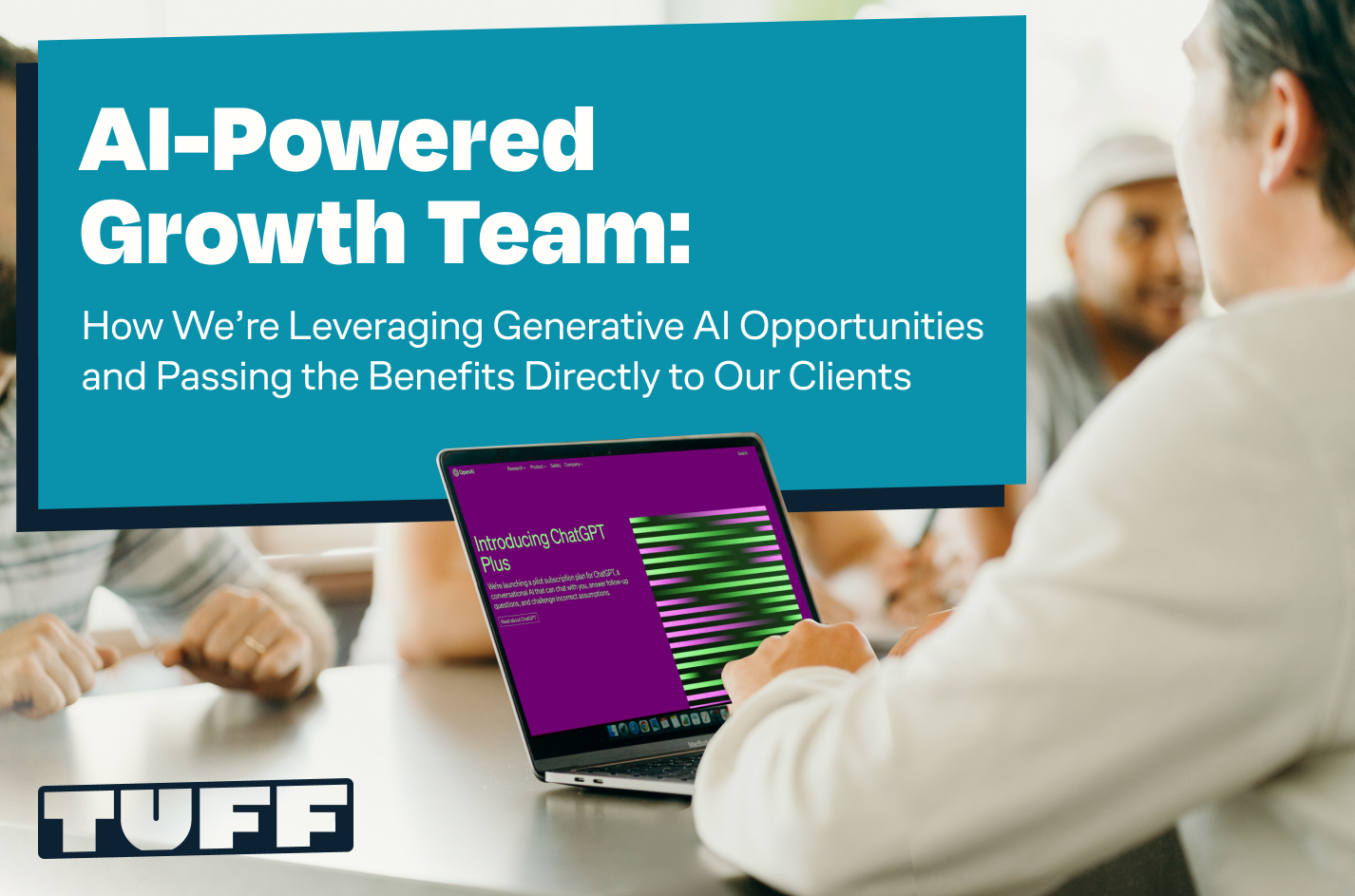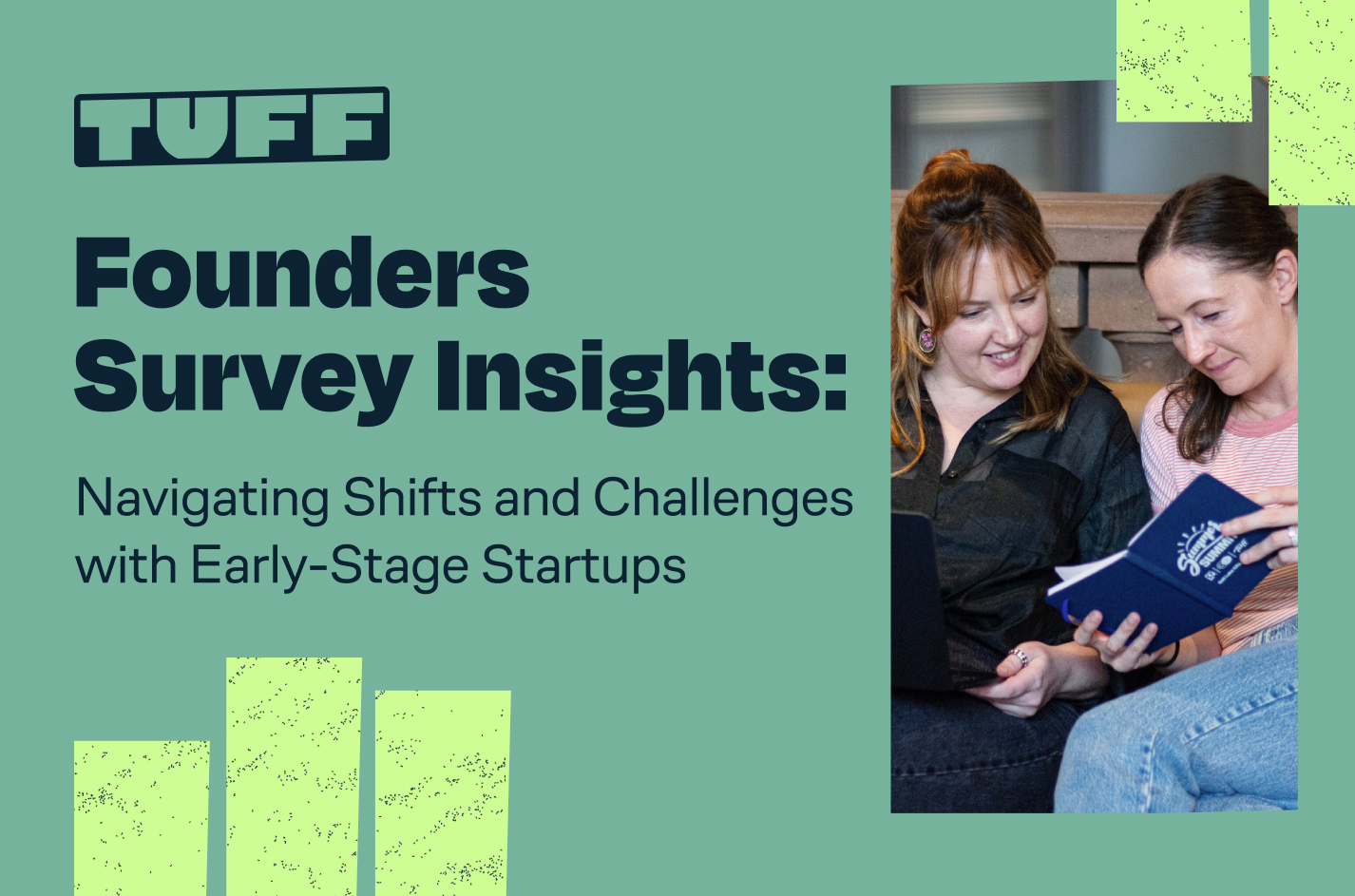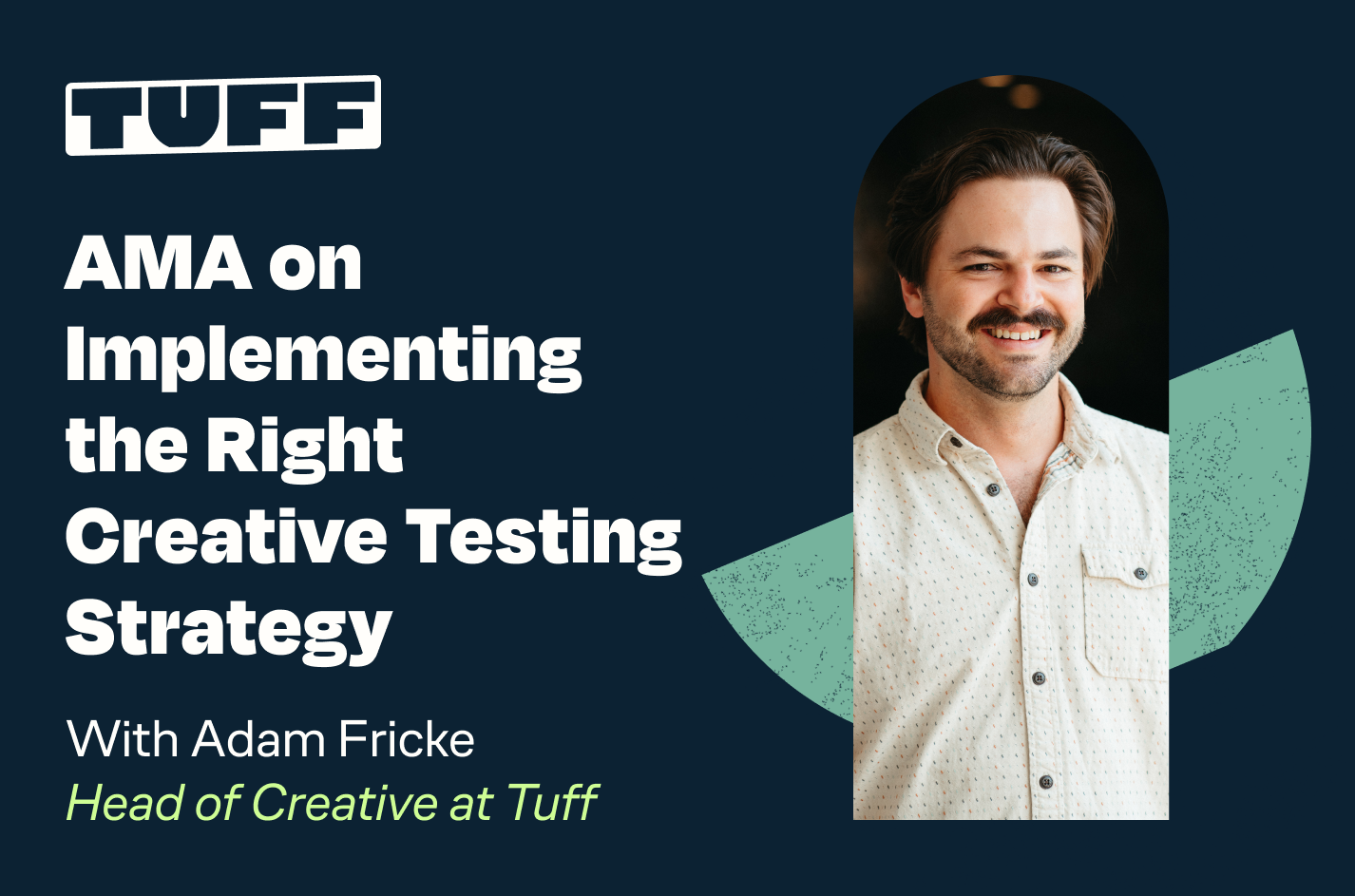AMA on Generative AI, Organic Search, & Google I/O with Derek Coleman, Head of SEO at Tuff
Welcome to our AMA featuring Derek Coleman, our Head of SEO at Tuff.
As one of our original team members at Tuff, Derek has not only collaborated with every one of our clients over the years on their SEO endeavors, but he’s also played a pivotal role in shaping our entire SEO and content team, as well as our perspective on organic growth. From handling technical SEO to crafting content strategies and executing digital PR campaigns, Derek has successfully navigated the evolving search landscape for companies across nearly every industry.
Ready to dive in? Derek answers SEO-specific topics like:
- How brands should adapt to the shift in search engines providing direct answers on the SERP, resulting in decreased website traffic.
- Thoughts on the recent March 2024 core algorithm update targeting AI-generated content and how brands should adjust their content strategies accordingly.
- Effective methods or metrics for measuring ROI in organic efforts.
- Predictions about the future of SEO for brands and tips on how they should prepare for potential changes or advancements in the SEO landscape.
We’ve transcribed Derek’s answers to these questions below. If you’d rather hear directly from him, check out this video:
With search engines providing direct answers on the SERP, resulting in decreased website traffic, how should brands adapt to this shift?
Focusing on long-tail keywords and bottom-of-the-funnel content is crucial. While AI excels at generic top-of-the-funnel content, diving into specific pain points of your audience is key. Conduct interviews, understand their needs, and tailor your content accordingly. This targeted approach, coupled with long-tail keywords, can help maintain traffic despite evolving search experiences.
Additionally, prioritize online customer service by building a comprehensive knowledge base. Utilize AI to ensure 24/7 support, providing quick and accurate responses to user queries. Leveraging thought leadership and user-generated content further strengthens your brand and content quality, contributing to sustained traffic levels amidst industry shifts.
What are your thoughts on the recent March 2024 core algorithm update that targets AI-generated content? How should brands adjust their content strategies accordingly?
So, Google’s been busy with updates lately. They rolled out a core algorithm update and a spam update. These changes are aimed at cracking down on mass-produced, low-quality content. Google’s keeping an eye on how often content is churned out. If you suddenly go from publishing once a week to a hundred times a week, it raises a red flag and could lead to penalties.
For most brands, sticking to best practices and focusing on top-notch content should keep you in Google’s good graces. Following Google’s guidelines is key here. And if you’re dabbling in AI-generated content, consider keeping it separate from your main domain, like on a micro-site. This way, if there are any penalties, they won’t drag down your main domain’s reputation. Google’s paying close attention to high-volume content publishers, so it’s wise to tread carefully.
When it comes to organic efforts, what methods or metrics do you use to measure ROI effectively?
There are several approaches you can take, depending on your business goals and key performance indicators.
For most of our partners, we typically set up goals or integrate directly in Google Analytics and ensure tracking is configured properly, whether it’s in Google Analytics or Mixpanel. For example, if lead generation is a priority, we establish a benchmark for how many leads are generated from organic traffic, specifically non-branded organic traffic. This ensures that any activities on the branded side don’t skew the results. We assess the current performance in generating non-branded organic traffic, set projections and goals for the next six months, and outline the associated costs, such as fees for content creation or CRO efforts to enhance pages and landing pages for a successful strategy.
Then, we track progress over three to six months to see the impact. We measure how many more leads we’re generating and evaluate the value of those leads to the client’s bottom line. This helps us understand the effectiveness of our organic efforts and make any necessary adjustments.
On a related note, though not directly about ROI, here’s our favorite SEO forecasting template for planning traffic growth. Clients love it, and it’s one of the most downloaded spreadsheets on the Tuff website. It’s a fantastic tool to help you see the potential impact of your SEO efforts on your traffic.
Looking ahead, what are your predictions regarding the future of SEO for brands? How should they prepare for potential changes or advancements in the SEO landscape?
Here are my thoughts on the future of SEO and AI:
I believe AI platforms are going to face a content shortage soon. OpenAI, for example, has already scraped a lot of available content and now has a deal with Reddit to access more. They’ll probably try to secure deals with other platforms like Facebook and YouTube as well.
As long as publishers keep producing content, AI platforms will eventually need to strike deals with them to access that content. This could involve partnerships with major publishers or even smaller-scale agreements with individual WordPress publishers. There might also be a model similar to YouTube’s monetization strategy, where publishers get rewarded for their content.
AI platforms know that without fresh content, their models can’t improve.
So, I think we’ll see more AI-generated links to articles, which won’t be too different from our current search experience. High-quality content will still rank best, whether it’s on platforms like Gemini or OpenAI. They’ll pull content from publishers and link back to their pages, driving organic traffic.
To stay ahead, continue focusing on producing top-quality content. Also, think about user intent. When researching keywords, see what type of content ranks—YouTube videos, infographics, etc. Diversifying your content formats is key. Don’t just stick to text; create videos for YouTube, short clips for TikTok, and more. This will boost your brand presence and authority, making it harder for AI to replicate your content.
Nobody can predict exactly what will happen, but it’s going to be interesting to watch it unfold!

Ellen is the founder at Tuff and one of the team’s core growth marketers. She is a versatile marketer with expertise in multiple channels – from ppc to seo to email to others – responsible for the experiments and testing. She is happiest when she’s on the ski hill or outside pointing her mountain bike downhill.






